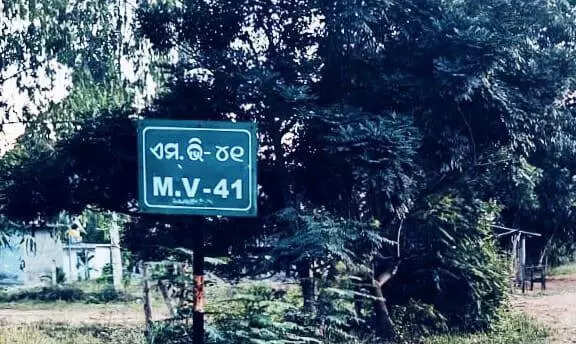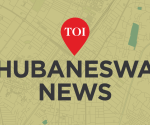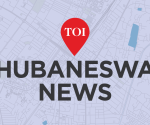Tribal association opposes plan to rename villages inhabited by Bengali settlers in Malkangiri

Koraput: The Zilla Adivasi Samaj Mahasangha (ZASM) in Malkangiri district has opposed the administration’s decision to rename villages inhabited by Bengali settlers and grant them revenue village status.
The Bengali settlers, primarily from the Scheduled Caste community, migrated from Bangladesh during the 1960s and 1970s. Currently residing in 214 villages, these settlements are identified as MV (Malkangiri Village) and MPV (Malkangiri Poteru Village) and is followed by numbers like MV-26 and MPV-79.
ZASM’s objection is that Malkangiri is a scheduled area, and any rehabilitation of non-tribals requires the consent of the gram sabha.
“The Bengali settlers, since their rehabilitation in Malkangiri, have been enjoying all types of benefits without restriction. But if their villages are transformed into revenue villages, they might encroach upon the benefits meant for tribals,” feared Ghenu Muduli, a tribal leader.
Muduli also expressed concern that if assembly and panchayat seats are reserved based on population, tribals could be deprived of their political representation.
Despite opposition, the district administration has proceeded with the renaming initiative, which has been a long-standing demand of the Bengali settlers. The move was a key issue during the 2024 general elections, with the BJP promising to address the demand if elected.
Malkangiri district collector Asish Iswar Patil confirmed that the renaming process is underway. “As per existing guidelines, the proposal must be approved by the gram sabha, followed by the palli sabha, tehsil, sub-collector and collector. It will then be forwarded to the board of revenue for final approval,” Patil said.
Officials have also indicated that some villages might be granted revenue village status if they meet the necessary criteria.
Proposals for renaming them have already reached the gram sabha and tehsil levels in many cases, while discussions are ongoing in other villages to finalize new names, the collector said.
“Discussion will be held with tribal groups to address their concern. Their objections will be taken into consideration and resolved through discussions,” the collector added.
The Bengali settlers, primarily from the Scheduled Caste community, migrated from Bangladesh during the 1960s and 1970s. Currently residing in 214 villages, these settlements are identified as MV (Malkangiri Village) and MPV (Malkangiri Poteru Village) and is followed by numbers like MV-26 and MPV-79.
ZASM’s objection is that Malkangiri is a scheduled area, and any rehabilitation of non-tribals requires the consent of the gram sabha.
“The Bengali settlers, since their rehabilitation in Malkangiri, have been enjoying all types of benefits without restriction. But if their villages are transformed into revenue villages, they might encroach upon the benefits meant for tribals,” feared Ghenu Muduli, a tribal leader.
Muduli also expressed concern that if assembly and panchayat seats are reserved based on population, tribals could be deprived of their political representation.
Despite opposition, the district administration has proceeded with the renaming initiative, which has been a long-standing demand of the Bengali settlers. The move was a key issue during the 2024 general elections, with the BJP promising to address the demand if elected.
Malkangiri district collector Asish Iswar Patil confirmed that the renaming process is underway. “As per existing guidelines, the proposal must be approved by the gram sabha, followed by the palli sabha, tehsil, sub-collector and collector. It will then be forwarded to the board of revenue for final approval,” Patil said.
Officials have also indicated that some villages might be granted revenue village status if they meet the necessary criteria.
Proposals for renaming them have already reached the gram sabha and tehsil levels in many cases, while discussions are ongoing in other villages to finalize new names, the collector said.
“Discussion will be held with tribal groups to address their concern. Their objections will be taken into consideration and resolved through discussions,” the collector added.
















